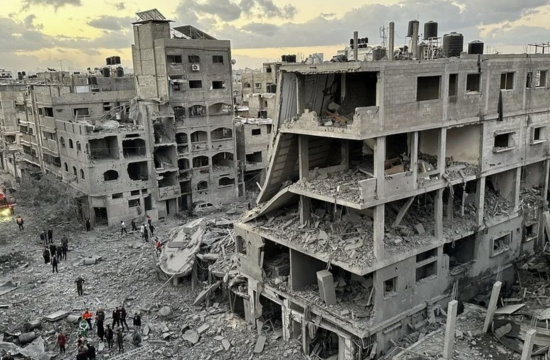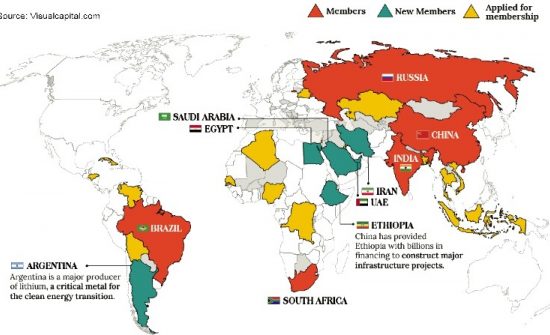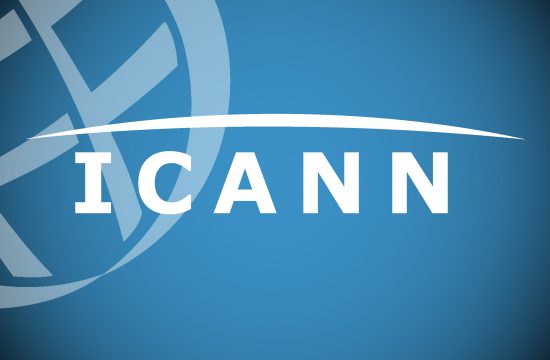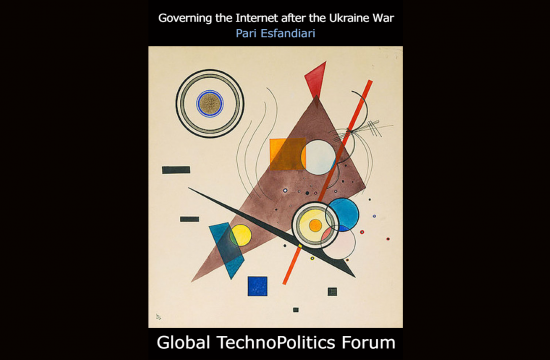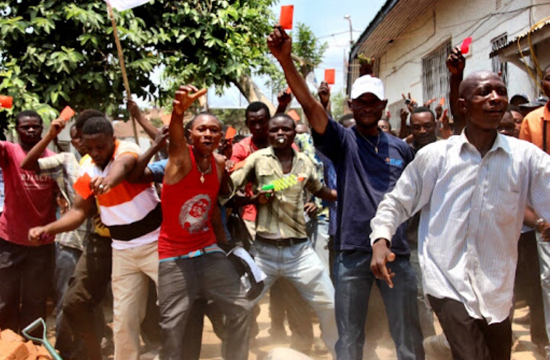Lebanon, which before its civil war stood as a symbol of what might go right in the Middle East, now stands as testimony to what can go wrong. It began to unravel in 2019, after protests against a small government tax spread across the country. Its credit rating was downgraded to junk bond status, and unemployment among young people reached 30 percent. A massive explosion at the Port of Beirut in August 2020, which killed more than 200 and wounded 6,000 more, only deepened the shortages of food, water, and electricity.
This Forum white paper lays out Lebanon’s collapse and what led up to it. The country is critical beyond its size, about seven million: it is in the cockpit of Middle Eastern politics, and hosts as many as two million Syrian and Palestinian refugees. Moreover, thinking about how Lebanon might be rescued drives thought not just about innovative ways to channel assistance to needy groups around the clutches of corrupt government, but also what role technology, including blockchain and its kin, might play in that process.



